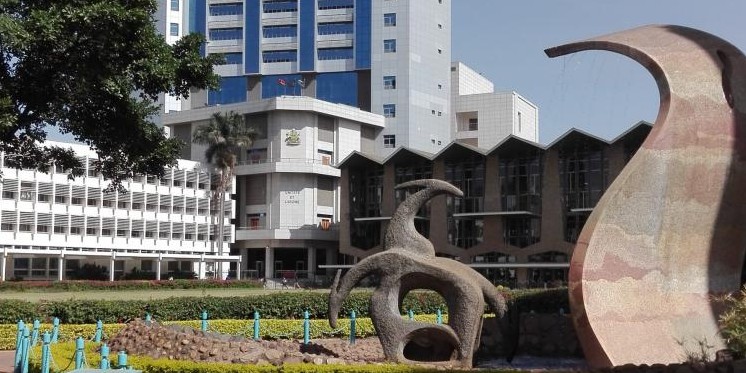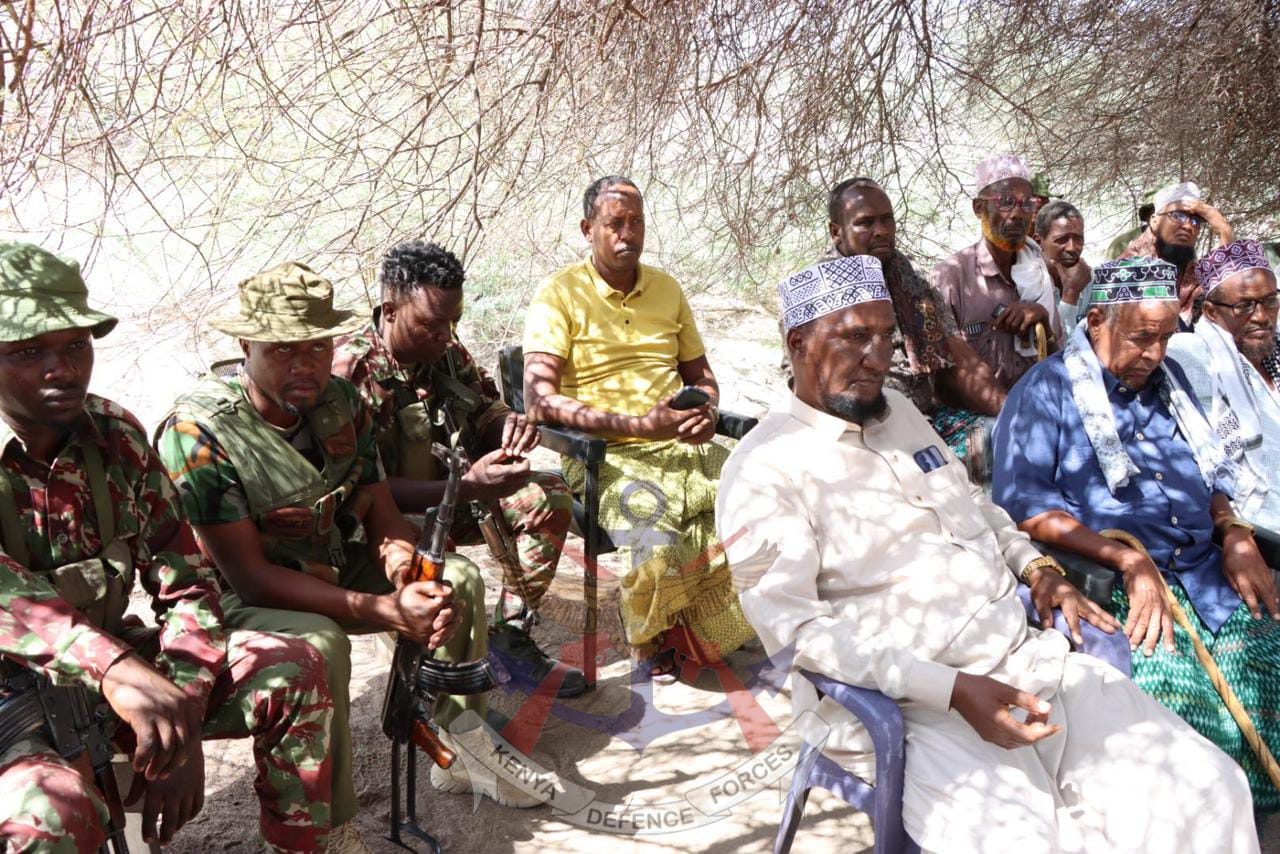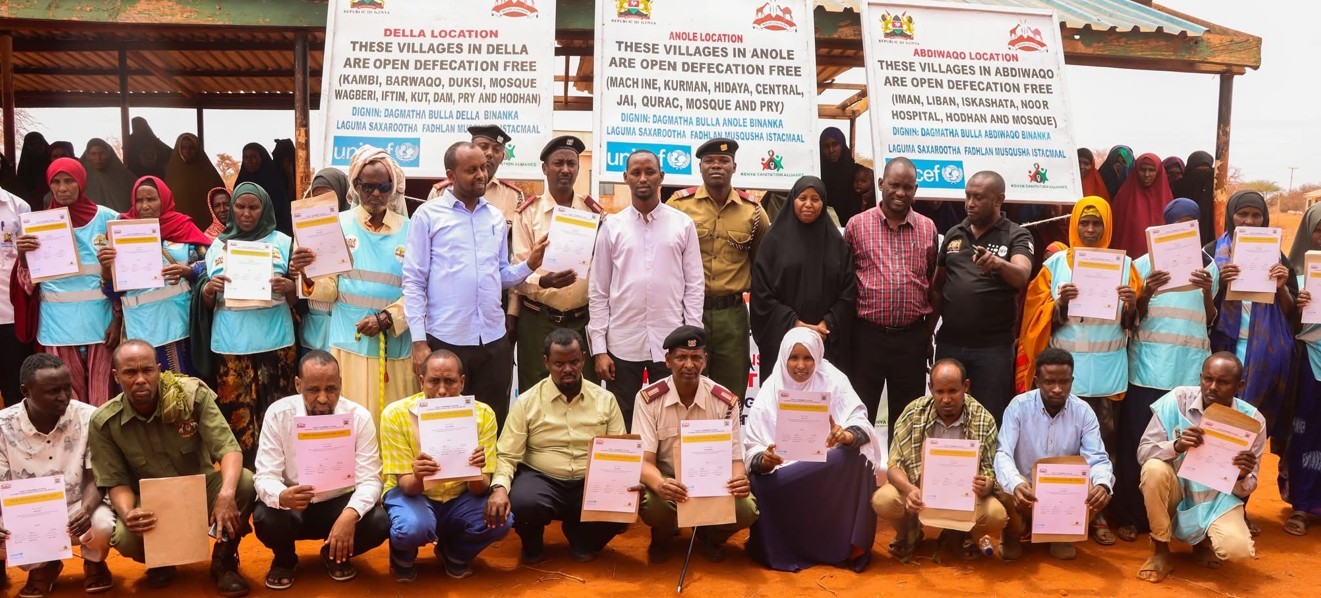UoN cleared to build 4,000-bed hostels in major students housing expansion

The project will increase the university’s student housing capacity through the development of a new 2,000-bed hostel at the main campus and two 1,000-bed hostels at the Chiromo and Kenyatta Medical campuses.
The National Treasury has approved the University of Nairobi’s plan to construct 4,000-bed student hostels under a public-private partnership (PPP) model in a move aimed at easing the student housing crisis.
According to the PPP Directorate at the National Treasury, the approval follows the successful completion and endorsement of a feasibility study.
More To Read
- Senators oppose Treasury’s centralised county revenue management plan
- Government targets land sale to settle Kenya Railways pension arrears
- Service delivery at risk as Treasury delays Sh34.6 billion July allocation to counties
- MPs reject Treasury circular on mandatory e-GPS use
- House Committee rejects Ruto-backed presidential transition Bill
- Treasury reports fastest tax growth in two years amid July protests
“The feasibility study for the project was completed in October 2024. The feasibility study report was approved in February 2025, and the project was granted approval to progress to the procurement of a private party,” it said.
The proposed hostels will be developed under a 30-year design, build, finance, operate and transfer (DBFOT) model. This means that the selected private firm will oversee the entire process, from designing and financing to constructing and managing the hostels, before handing the facilities back to the university at the end of the contract period.
More student housing capacity
The UoN Purpose-Built Student Accommodation (PBSA) project will increase the university’s student housing capacity through the development of a new 2,000-bed hostel at the main campus and two 1,000-bed hostels at the Chiromo and Kenyatta Medical campuses.
The initiative is backed by the National Treasury and the Private Infrastructure Development Group Limited (PIDG Ltd), a development and finance institution supported by six governments, including the United Kingdom and the World Bank’s International Finance Corporation.
A consortium led by Crisil Limited is acting as the transaction advisor for the project.
Current records show that UoN has a total student accommodation capacity of 9,863 beds across eight campuses. Of these, 5,386 are designated for male students, 3,346 for female students, and 1,131 are in mixed-use hostels.
At full capacity
Three of the university's eight campuses are already operating at full capacity. The situation is particularly acute at the Chiromo and Kenyatta Medical campuses, both of which have a 100 per cent occupancy rate. The need is especially urgent for medical students, who require accommodation close to hospitals where they receive clinical training.
“The proposed project is, therefore, expected to enhance UoN’s student accommodation capacity with an additional 4,000 beds, 50 per cent of which will be made available for the exclusive use of medical students, thus contributing to the critical area of medical education and the associated healthcare sector,” the Treasury and PIDG said in a brief on the hostel project.
The main campus was selected for the largest hostel development due to its central location and available land for expansion.
“Post 2020, the growth rate in university enrolment is forecasted at 6.5 per cent per annum. In addition, it is estimated that the countrywide demand for PBSA beds is approximately 600,000, while the supply is an estimated 280,000 beds, thus an unmet need in the order of 320,000 beds,” the Treasury and PIDG added.
Across the country, Acorn Holdings Limited, the developer of the Qwetu and Qejani student housing brands, has emerged as a key player in PBSA development. Its combined portfolio of operating and development student beds now stands at 21,000, spurred by the growing student population.
Top Stories Today












































